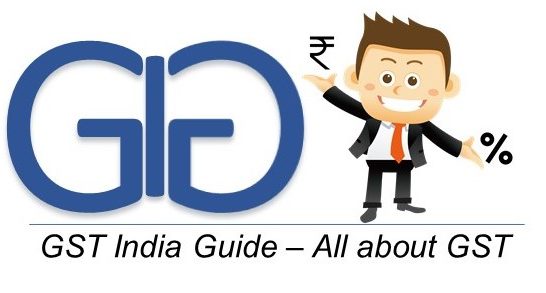The Government has proposed revised Goods and Service Tax Law with an ‘anti-profiteering’ clause to ensure to ensure that businesses pass on any benefit of reduction in tax rates to consumers, a move aimed at checking any spike in prices of commodities as a result of the rollout of the ambitious tax reform measure.
25 Major Key Changes in New Amended Model GST Law
The Centre on Saturday unveiled three drafts which include the model GST law, the IGST law and the Compensation law which will be discussed by the GST Council in its two-day meeting starting December 2. The draft integrated GST law said that the Centre will notify the rates on the recommendations of the GST Council but it should not exceed 28%.
Read more about GST India.
The previous draft did not have the “anti-profiteering” clause and tax experts said the gains made by companies due to GST needs to be passed on to consumers. “But for industry it could mean lot of paper work and implementation challenges,” said Pratik Jain, partner and leader, indirect tax, at PWC. To ensure implementation of the anti-profiteering clause the Centre may set up an authority or entrust and existing authority examine if tax reduction benefits have been passed on.
The revised draft model goods and services law + unveiled by the government contains an anti-profiteering clause and says that to ensure its implementation, the Centre may set up an authority or entrust an existing authority to “examine whether input tax credits availed by any registered taxable person or the reduction in the price on account of any reduction in the tax rate have actually resulted in a commensurate reduction in the price of the said goods or services supplied by him”.
“Many concerns of the services sector, particularly with respect to single centralised registration and clarity in terms of place of supply rules, have not been adequately addressed. Further changes to this draft cannot, therefore, be ruled out,” said Pratik Jain of PWC.
The Times of India, 27th November 2016

